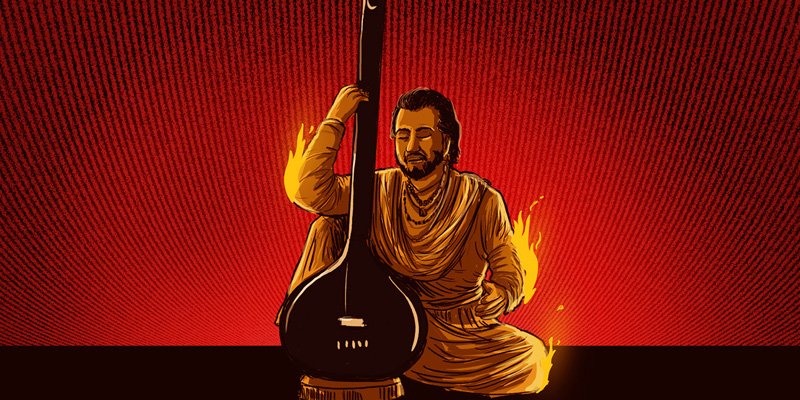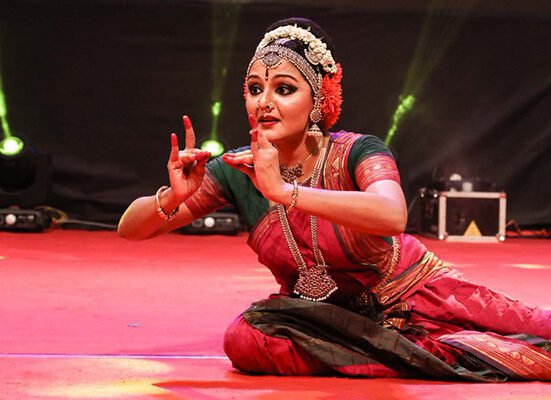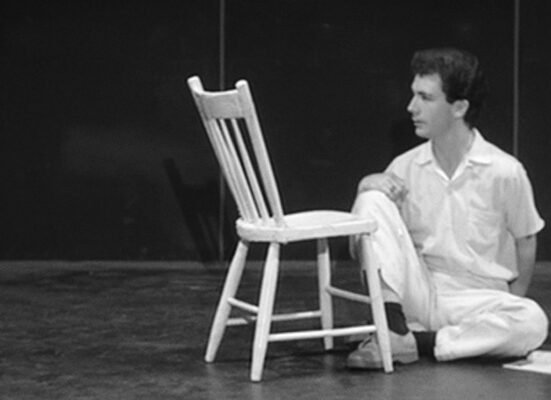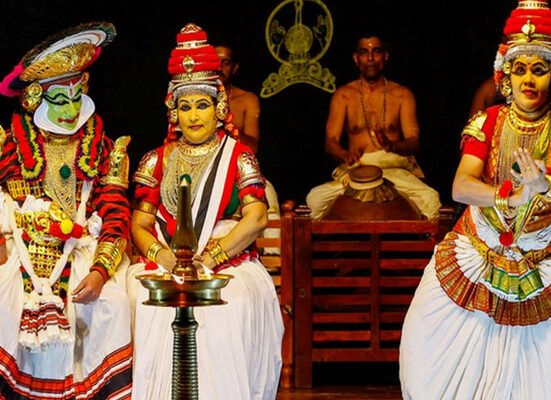The history of the Mughal rule in India, especially under the time of Akbar, is replete with stories of the ‘Navaratnas’ or ‘Nine Gems’ of Akbar’s court and amongst them, the name of “Tansen” is one that everyone recognises regardless of their knowledge of Indian history or music. Considered one of the greatest musicians in India, and often called the Sangita Samrat, Tansen is acknowledged as the father of Indian classical music that dominates entire North India – the Hindustani classical music. In India, Tansen and music are synonymous with each other because a proficient and extraordinary singer or composer will always be compared to the likes of Tansen.
The exact year of Tansen’s birth is debatable, however, several sources mention that he was born in the year 1506. He was born in a Hindu Gaur family in Baher village near Gwalior and his father was the renowned poet, Mukund Mishra (also known as Makrand Pandey). At birth, he was named Ramtanu and was fondly called Tanna or Mukul ever since a young age, Tanna displayed a keen sense of ability to recognise the sounds of different animals and birds and mimicked them perfectly. It is said that his imitation of the sounds of wild animals like tigers and lions was so realistic that he would often scare the people passing through the forests. The legends that surround the life of Tansen mention that it was on one such occasion that the young boy was spotted by his guru, the famous musician saint, Swami Haridas. While another legend states that a group of sadhus passing through the forest were impressed by Tansen’s ability to mimic sounds and advised his father to send him to train under Swami Haridas.
Swami Haridas was a legendary musician from Vrindavan and a part of the court of Raja Man Singh Tomar in Gwalior. Tansen became Swami Haridas’ disciple and spent 10 years learning under him. It is from his guru that he specialised in the Dhrupad style of singing. Dhrupad is the most ancient style of Hindustani classical music that has survived until today in its original form. The nature of the Dhrupad style of singing focuses on inducing feelings of peace and invoking a sense of spiritual awakening in the listener. It is a form of devotional music that traces its origin to the ancient text of Sama Veda. One significant characteristic of Dhrupad is its emphasis on maintaining the purity of the ragas and the swaras. After completing his training under the tutelage of Swami Haridas, he developed such exceptional musical skills that he had no equal in the field of music, only the exception of his guru.
Ramtanu became ‘Tansen’ when the name was given to him by Raja Vikramjit of Gwalior. Tansen went on to work as a court musician in the darbar of Raja Ramchandra of Bandavagarh (Rewa). It was during this time that the Mughal emperor, Akbar heard of the musical prowess of Tansen and he sent a ‘farman’ to Raja Ramchandra through his emissary, Jalaluddin Qurchi, summoning Tansen to Akbar’s court. Eventually, Tansen became a part of Akbar’s court in 1562 and one among the famous ‘Navaratnas’. It was Akbar who conferred on Tansen the title of ‘Miyan’. Abul Fazl records in his Ain-i-Akbari that Akbar gave Rs 2 lakhs to Tansen for his first performance in the court.
One of the greatest chroniclers of the Mughal period, Abul Fazl while describing the principal musicians of Akbar’s court, also paid a tribute to Tansen and wrote, “Miyan Tansen, of Gwalior. A singer like him has not been in India for the last thousand years.” Tansen is credited with reshaping dhrupad music by introducing Persian nuances such as meend and gamaka. Tansen composed many dhrupads on Ganesha, Shiva, Parvati and Rama. He is credited with the invention of the night raga Darbari Kanada, morning raga Miyan Ki Todi, mid-day raga, Miyan ki Sarang, and seasonal raga Miyan ki Malhar. His musical repertoire consists of several other notable works like the Miyan ka Bhairav, Rageshwari and Darbari Todi. These are considered to be the foundations upon which Hindustani classical music is built. Kalpadruma is a compilation of 300 of his dhrupads that were in Gauhar Bani and the Sangeeta Sara and Rāgāmalā are important treatises on music written by him. Along with being a vocalist, it is also believed that he was an instrumentalist and there are several claims stating that he invented the rhabāb, a stringed instrument.
The history of Tansen’s exceptional musical ability is shrouded by many legends and one among them is the miraculous powers of Tansen’s music. The most famous legend recounts how Tansen sang Raga Dipaka at a royal request, even though that raga was known to generate “unbearable heat” in the singer’s body. Unable to refuse the emperor’s request, however, Tansen prepared by teaching his daughter, Saraswati, the Raga Megh Malhar to accompany his performance. On the day of the performance, Tansen’s singing led to the generation of immense heat in the court and it erupted in flames. Fortunately, Saraswati’s synchronised raga summoned the rain and ultimately extinguished the fire. While another legend says that, Tansen died as a result of being consumed by the flames created when he sang the Raga Dipak.
It is believed that Tansen died sometime between the years 1586 to 1589 and he was buried in the mausoleum complex of his Sufi guru, Sheikh Muhammad Ghaus, in Gwalior. There is a tamarind tree near Tansen’s tomb and according to a legend that exists, if a person chews the leaves of this tamarind tree, they are blessed with great musical qualities. Such was the talent that Tansen possessed that to date his teachings and compositions are the mainstays of Hindustani classical music. His descendants and disciples are called ‘Senias’ and they belong to the Senia Gharana which has produced several maestros in the world of Indian classical music. Tansen’s influence in the field of music was unrivalled and to maintain his legacy a music festival called “Tansen Samaroh” is held every year in Gwalior during the month of December and the “Tansen Samman” is awarded by the Government of India to outstanding exponents of Hindustani classical music.







Leave feedback about this